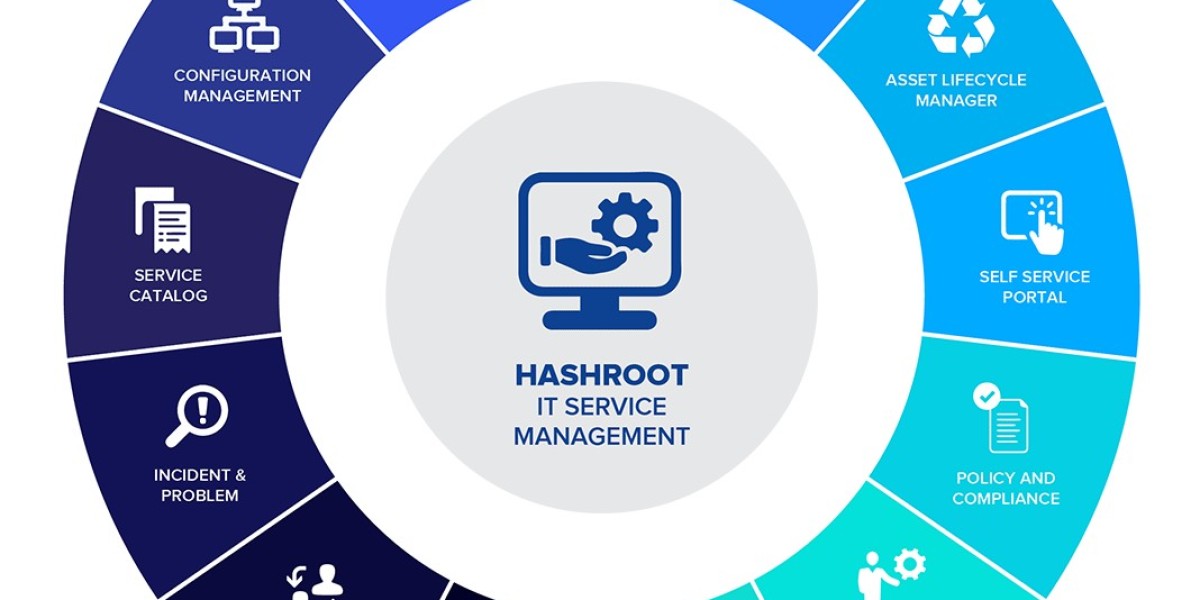What Are Incident Management Services?
Incident management services refer to a set of processes, tools, and resources that organizations use to handle incidents that disrupt normal business activities. These incidents can range from IT system failures, network outages, cyberattacks, and data breaches, to more operational disruptions like supply chain issues or even natural disasters. The goal of incident management services is to restore normal business operations as quickly as possible, minimize downtime, and reduce the overall impact of the disruption.
Typically, these services are provided by third-party vendors who specialize in incident detection, response, resolution, and post-incident analysis. They offer businesses the expertise and resources needed to manage incidents effectively, without the need for maintaining a full-scale in-house incident management team.
Key Components of Incident Management Services
1. Incident Detection and Monitoring
The foundation of incident management services lies in proactive monitoring and early detection of potential incidents. This often involves using automated tools, software, and real-time monitoring systems to track critical systems and networks. With continuous monitoring, businesses can quickly identify anomalies or performance issues, enabling faster responses before minor problems escalate into major disruptions.
2. Incident Response and Prioritization
Once an incident is detected, it must be prioritized based on its severity and potential business impact. Incident management services typically involve creating clear escalation procedures that help categorize incidents into levels of priority (e.g., high, medium, low). A rapid response is essential to mitigating the incident's effects. The quicker the response, the more effectively the issue can be contained, reducing the downtime or operational impact.
3. Incident Resolution and Recovery
Incident resolution involves troubleshooting, restoring services, and implementing temporary or permanent fixes to the issue at hand. Whether the incident is IT-related or operational, incident management services focus on getting systems or services back to normal as quickly as possible. In cases of critical incidents, businesses may need to rely on specialized expertise or external resources to resolve the situation.
4. Communication and Stakeholder Management
Clear communication is essential during an incident. Incident management services include ongoing communication with stakeholders, such as employees, customers, and vendors, to keep them informed of the incident's status and expected resolution times. Transparency during an incident helps build trust with customers and other stakeholders, even in the face of disruptions.
5. Post-Incident Review and Analysis
After an incident is resolved, a post-incident review (PIR) is conducted. This review assesses how the incident was managed, what went well, and what could be improved in future responses. Lessons learned during this phase help refine incident management procedures, making the organization better prepared for future disruptions.
Benefits of Incident Management Services
1. Minimized Downtime
The most immediate benefit of incident management services is minimizing downtime. Proactive monitoring and quick incident response ensure that disruptions are identified and resolved before they can significantly impact business operations. By restoring services rapidly, businesses can maintain productivity and avoid financial losses caused by prolonged downtime.
2. Improved Customer Satisfaction
Incident management services help ensure that customers experience minimal disruptions, which is crucial for maintaining customer satisfaction and loyalty. By swiftly resolving incidents and keeping customers informed during the process, organizations can maintain trust and prevent negative experiences that could harm their reputation.
3. Expertise and Specialized Knowledge
Incident management services bring a level of expertise that many businesses may not have in-house. Service providers are often specialists in handling complex incidents, with in-depth knowledge of best practices, industry standards, and the latest technologies. This expertise ensures that incidents are managed efficiently, reducing the likelihood of errors or missed opportunities for recovery.
4. Cost-Effectiveness
Outsourcing incident management services is often more cost-effective than maintaining an in-house team. Businesses avoid the costs of hiring, training, and retaining full-time incident management staff. Instead, they can pay for only the services they need, based on their incident volume and requirements, making it a flexible and budget-friendly solution.
5. Enhanced Security and Compliance
Incident management services are crucial for businesses that must comply with industry regulations and security standards. These services ensure that incidents, particularly security-related ones, are handled according to legal and regulatory requirements. Providers often use tools and procedures that align with industry compliance frameworks, helping businesses mitigate the risks associated with data breaches or other security incidents.
Why Businesses Should Invest in Incident Management Services
1. Business Continuity
In today’s digital world, businesses depend on their IT infrastructure and services to operate smoothly. Any incident that causes disruption can have a significant effect on productivity, customer experience, and revenue generation. Incident management services help ensure that incidents are managed swiftly, ensuring business continuity even during unexpected events.
2. Focus on Core Operations
By outsourcing incident management to a specialized provider, businesses can focus on their core functions without the distraction of managing and resolving incidents themselves. This allows internal teams to dedicate their time and resources to innovation, growth, and other strategic objectives, while leaving incident management to experts.
3. Adaptability to Business Needs
As businesses grow and evolve, their incident management needs may change. Incident management services are scalable and flexible, enabling organizations to adjust their service levels as required. Whether the business needs more extensive support during peak periods or a lighter touch during normal operations, providers can customize services to meet specific needs.
Conclusion
Incident management services are a vital component of modern business operations. They ensure that incidents are detected, responded to, and resolved swiftly, minimizing downtime, protecting business operations, and enhancing customer satisfaction. By leveraging expert incident management support, businesses can maintain continuity, comply with regulations, and reduce the overall costs associated with disruptions. In today’s fast-paced and interconnected world, investing in incident management services is more important than ever for long-term success.










